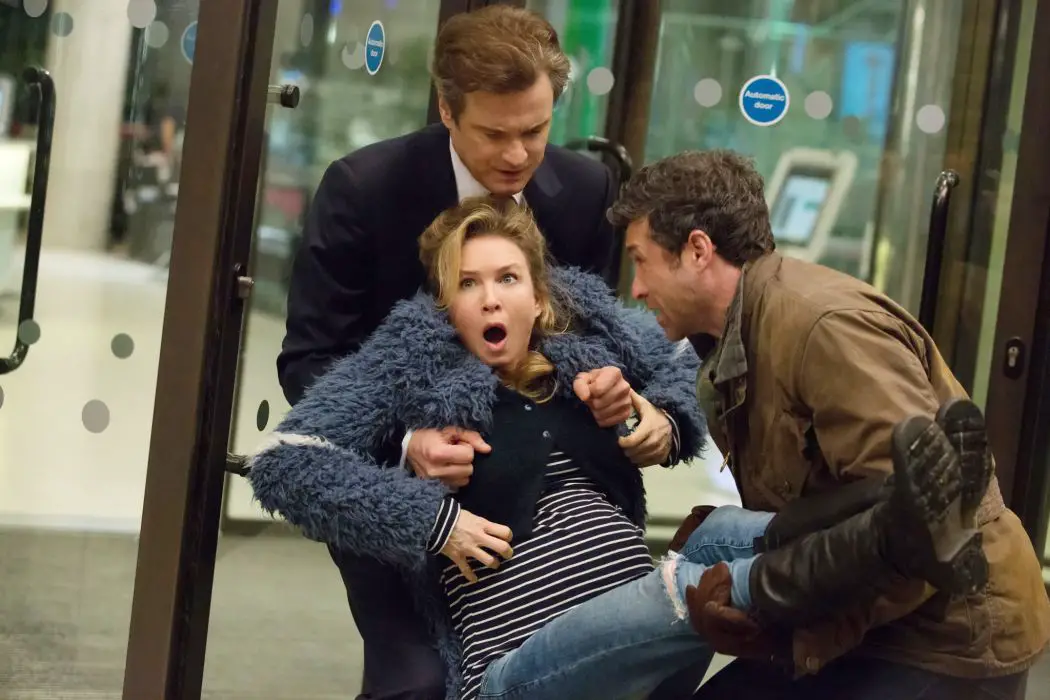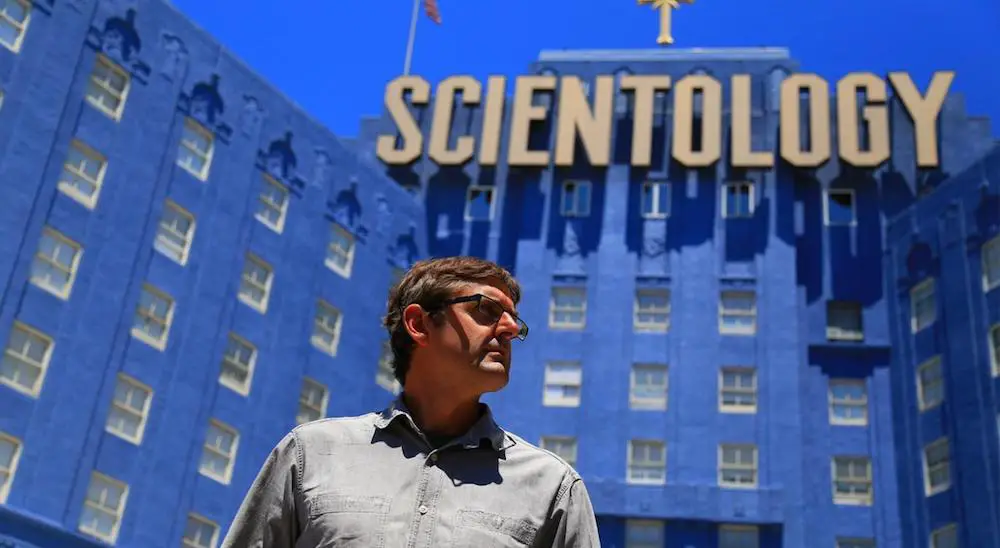2016
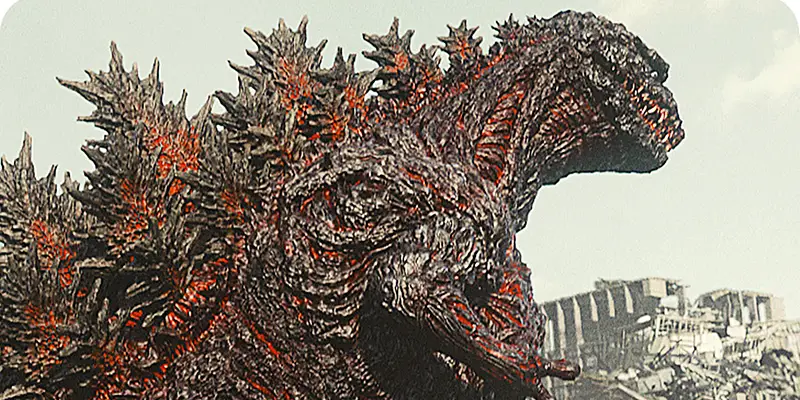
The Godzilla franchise has had a long and storied history, dating back to the original motion picture of 1954 directed by Ishirō Honda. Produced and distributed by famed Japanese film studio Toho, the original feature has spawned multiple franchise sequels over the years, from both its country of origin and the United States. Starting with the 1956 Japanese-American remake of Honda’s original feature from only two years prior, Godzilla, King of the Monsters!
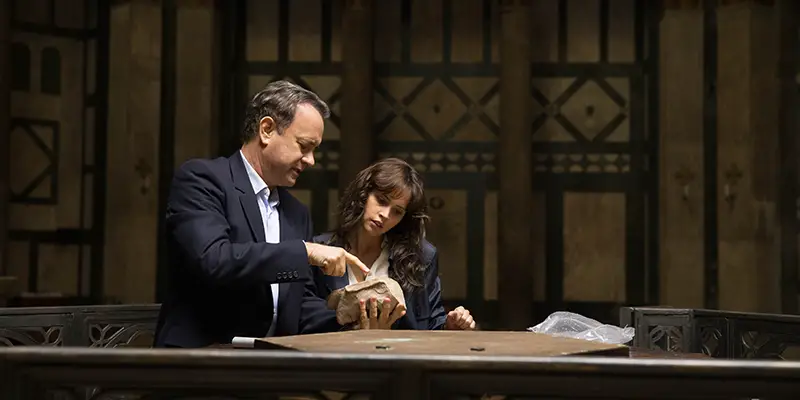
Oscar winners Tom Hanks and Ron Howard reunite in their third collaboration on a Dan Brown adaptation, Inferno. Small wonder. The Da Vinci Code grossed better than $750 million worldwide, and its sequel, Angels & Demons, based on a lesser known novel that marked the first appearance of globe-trotting symbologist Robert Langdon, pulled in close to $500 million.
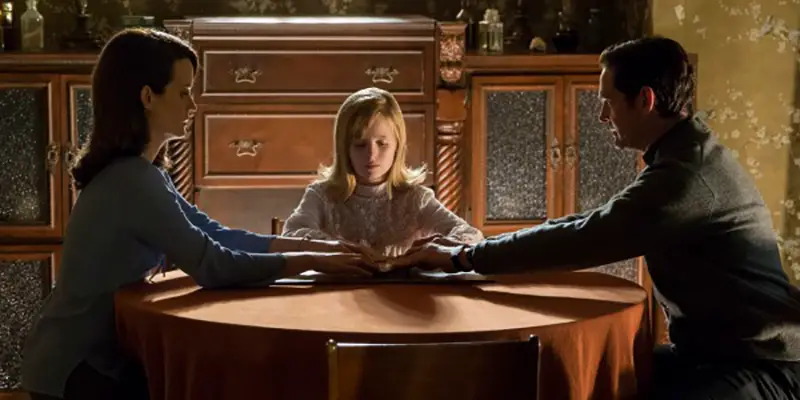
Is this any way to sell a board game? Hasbro’s perennial moneymaker “Ouija” is the basis of Universal’s micro-budget horror franchise in the making, and it’s hard to imagine a game manufacturer working any harder to discourage people from buying its product. The 2014 release Ouija opened at number one, and a followup was inevitable.
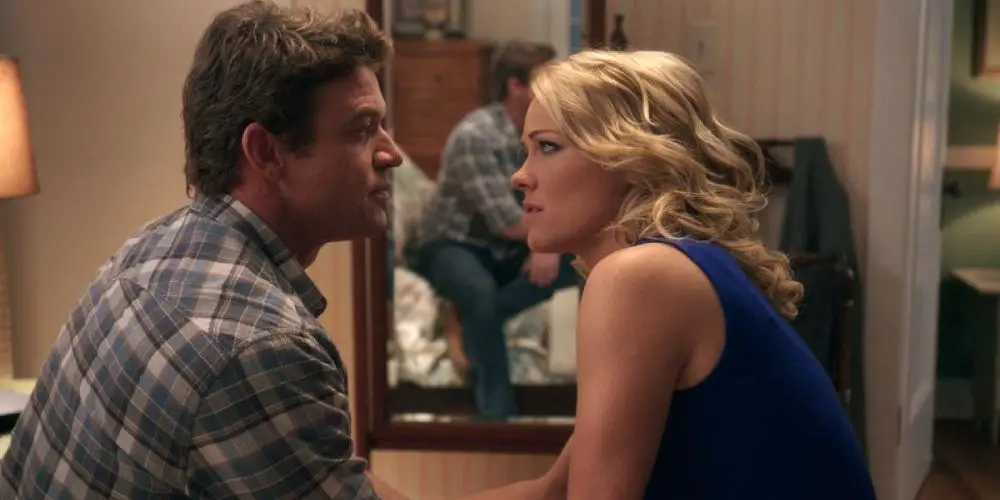
Every now and then there is a movie or two that’s so bad that you actually find yourself walking away from it halfway through, or having to pep talk yourself into finishing watching – that’s the category that Is That A Gun In Your Pocket? falls into. The film is an attempt at comedy written and directed by Matt Cooper, starring Andrea Anders, Matt Passmore, John Heard and Cloris Leachman.
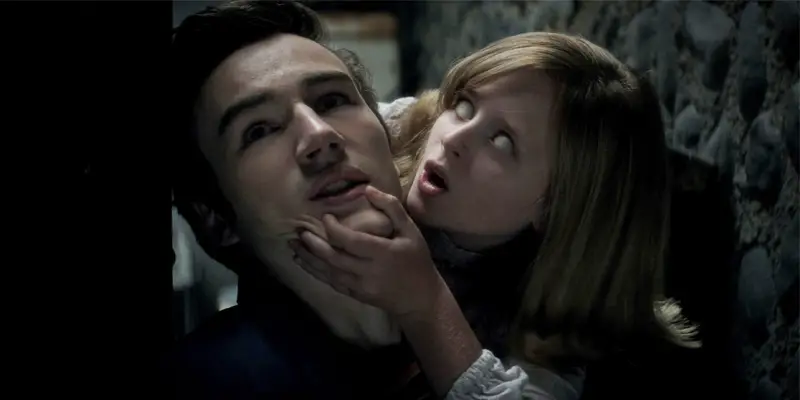
Horror is in an extremely interesting place at the moment. Thanks to the rise of video-on-demand platforms and new technology, barriers between creator and distributor are disappearing, the amount of independently-made films are rising and the availability of these films is quite accessible. The trade-off of this is the problem of quantity over quality, which has meant that, much like the exploitation era of filmmaking in the 1970’s, every new or original film that is successful is followed with a string of derivative imitators, looking to cash in on genre recognition or fans looking to branch out on that particular subject matter.

Interpreted from the widely popular young adult fantasy novel by Ransom Riggs, Miss Peregrine’s Home for Peculiar Children is home to the latest magical world from the mind of Tim Burton. Alas, there is no appearance from Johnny Depp or Helena Boham Carter, yet there is no doubt that the somewhat creepy, dire visuals on-screen belong to a Tim Burton film. Aside from the visuals and construction of characters, though, there isn’t much more to this book adaptation.
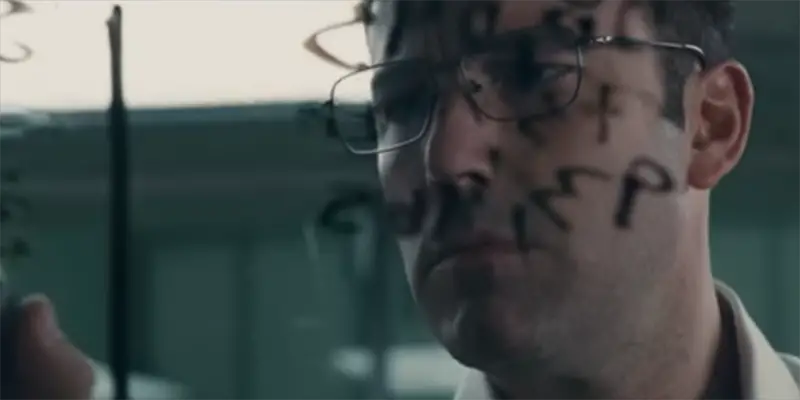
Walking out of the theater, all I could think about was how much I had enjoyed watching The Accountant. It had the right amount of action, comedic relief and character depth – specifically with the film’s main character, Christian Wolff. When it came time to sit and write about what I had seen, though, I found that this great movie may have been more lacking than I had initially thought.
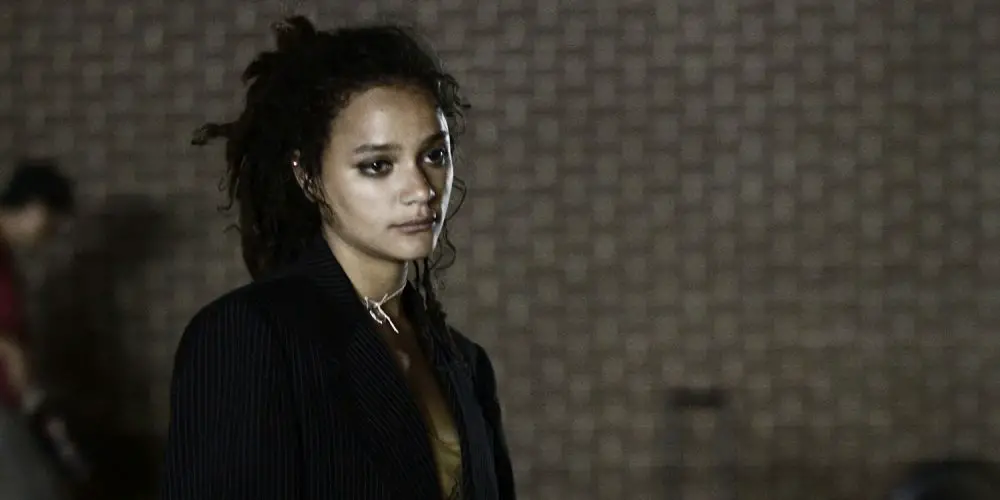
Andrea Arnold is without a doubt cinema’s leading creator of stories depicting the trials and tribulations of working class women, with an entirely non-judgemental eye. Translating her social realist style across the Atlantic, keeping the inherent themes relevant to the lower classes intact, would seem close to impossible, although due to an unfortunate stroke of luck, the Presidential election has made the general idea of class in an overwhelmingly middle class country relevant yet again. Many audiences have been so transfixed by the way Arnold and her long-term cinematographer Robbie Ryan have captured the sweeping vistas of America, a world completely alien to the council estates of earlier films Red Road and Fish Tank, that they have seemed to ignore the fact this is unmistakably a distinctive piece of work.
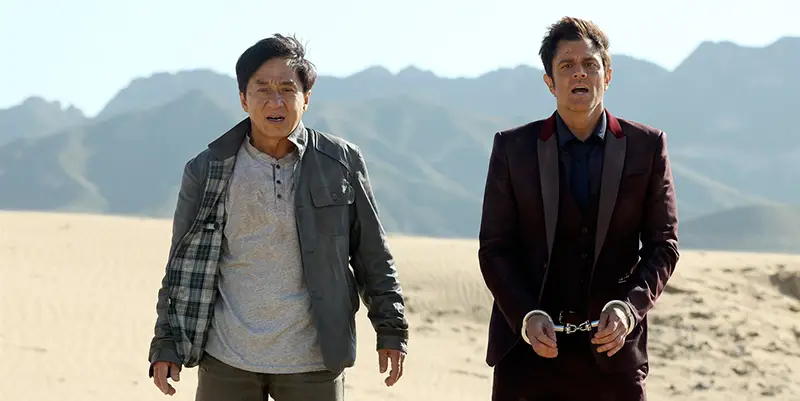
Skiptrace (originally titled Jue Di Tao Wang) is a 2016 action-comedy film directed by Renny Harlin and starring Jackie Chan, Johnny Knoxville and Chinese actress Fan Bingbing. It is about a Hong Kong cop and an avid gambler that must team together, each for their own reasons, and take down the Chinese crime syndicate and its mysterious leader ‘The Matador’. It is a film that I, in all honesty, did not want to sit down and watch at first but did, due to unmentionable circumstances, and in my forced viewing of this easy-going and lighthearted film, I began to remember why Jackie Chan is one of the most beloved names in Hollywood.
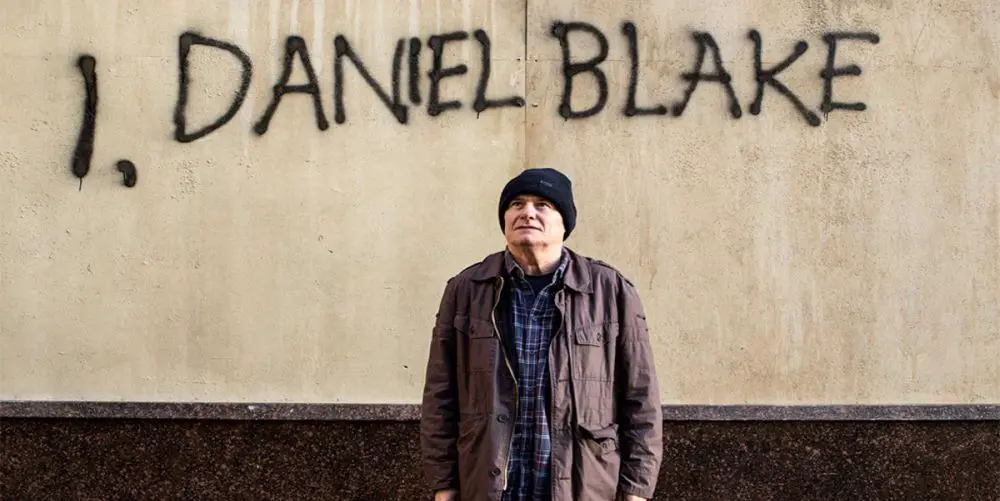
In 2013, Ken Loach seemed destined to enter the pantheon of filmmakers who bow out with a movie that was, at best, inconsequential to the hard hitting filmography that came before. His proposed final film was 2014’s Jimmy’s Hall, a film about the tensions between the Catholic Church, local government and the vibrant youth culture of 1930’s Ireland. For one of the most important British filmmakers of all time, bowing out with a period piece that paid more than a little narrative debt to Footloose ensured underwhelming results.
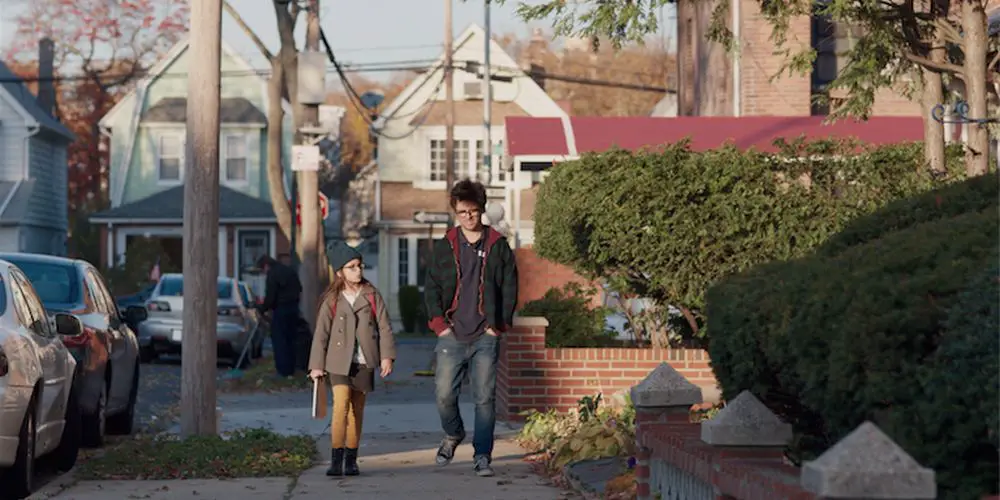
A midlife crisis is roughly defined as a period of anxiety and disappointment reflecting on your past as you approach middle age. Those going through a midlife crisis are noted to act irrationally compared to their previous behaviour in a need to get out of a self-perceived rut. It has often been noted that no two people react to the dawning of maturity in the same manner, even if the cause of the anxiety is always the same.
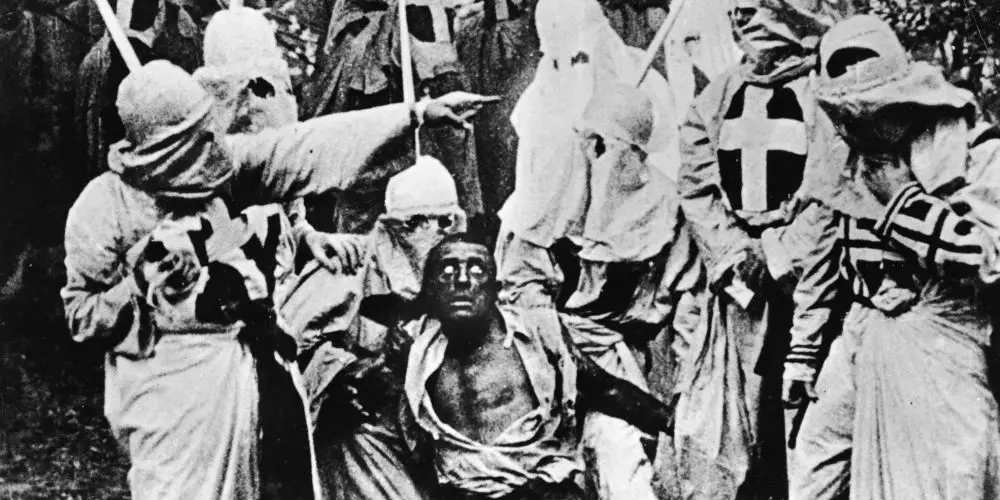
Ava DuVernay returns to the documentary format with 13th, a look at the amendment of the United States Constitution that simultaneously abolished slavery and established a loophole for denying rights to targeted groups. The troubling wording in the amendment has to do with convicted criminals, who are the only people exempt from the abolishment of slavery and involuntary servitude. That exemption, while small at the time, has snowballed into a huge issue thanks to America’s system of mass incarceration.


